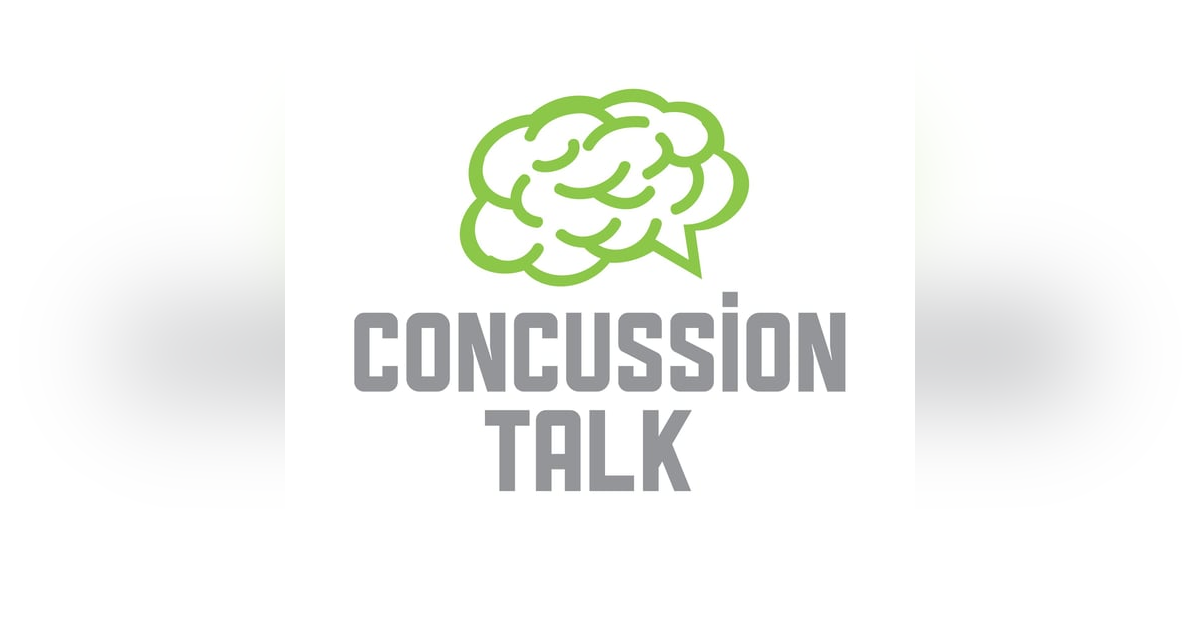About Concussion Talk
My name is Nick Mercer. In January 2003 I had decided to take a break from playing waterpolo and to give triathlon a try. I graduated from university the previous year and a couple of friends and I cycled from Vancouver to St. John’s. Through that experience, my interest in cycling grew.
On August 1, 2003, while cycling in Victoria, BC I slammed into a tree head- (and helmet) first. During the summer of 2003, 4 (or sometimes 3) friends and I would cycle on Fridays for 2 or 3 hours and on that particular Friday we had chosen a route that took us close to Victoria General Hospital. I don’t remember too much from that day, but when I returned to Victoria a friend drove me to see the the tree that I hit with my head (I was wearing a helmet and worked. If it didn’t work I wouldn’t be writing this). I had a severe traumatic brain injury.
I awoke from my coma two weeks later, unable to walk and barely audible. After I was flown back to my home in St. John’s, NL, I spent two years working with incredible doctors and rehabilitation therapists. I know first-hand how tough recovering from a brain injury can be. However, I was lucky…all things considered. I was lucky to have met incredible, not to mention inspiring, people and rehabilitation therapists.
I was also very fortunate to keep my personality and have only some mobility affected.
I was unable to walk for six months following my injury and began using a walker after I left in-patient therapy. My incredibly motivated and enthusiastic physiotherapist weaned me off the walker and I began to walk with more and more confidence. Two years after my injury I decided it was time to return to Victoria to finish my Master’s of Public Administration. I could have completed this by distance from St. John’s, but I needed to prove to myself that I could cope on my own. Even though I had more confidence in my stability when walking, I certainly wouldn’t have called myself steady. That was a very difficult 8 months, but I am really happy I did it.
Before I was brain injured, I considered myself a bit of an athlete. I had played water polo for 8 years, basketball in high school and I had just started triathlons. About a year before the accident, a friend and I had completed our cycling trip across Canada. Now 9 years since I hit that tree, I am not yet physically able to run, jump, or ride a bike. My swimming is much slower and I have nowhere near the stamina, or coordination/strength on my left side, to play water polo. But everything is slowly improving and it will take a long time, but I am hopeful that I will eventually get to where I want to be physically (and here’s hoping that will include an end to the double vision I’ve had since my brain injury).
Every brain injury is different and my experience is not felt by others who have been injured, just as I cannot truly understand what others have gone through. However, fatigue seems to be very common and difficult to describe. It’s not the same feeling as not getting enough sleep, neither is it the same tiredness I felt after completing a triathlon, water polo game or day on my bike. Granted the fatigue after each of those activities is different in its own right. But this type of fatigue is as if the body and mind are strangely intertwined. Thinking makes the body tired and moving makes the mind tired. Of course, that could also be from my own mobility issues resulting from my brain injury. Although fatigue is an important and ever-present part of my life, it is not nearly as influential in my life as it can be. For some people the fatigue can be debilitating. Again, this is an area where I was lucky and haven’t had to battle it as many people.
There has recently been a lot of talk about concussions in the media (notably, the sports media). It’s good to see that this injury is being recognized as an important new category; not a sprain, strain, or broken bone. Unfortunately, in the sports world at least, it is not widely perceived as any different from a break, strain or strain. In a concussion, a bone, muscle, tendon or ligament is not torn or broken, instead the brain hits the inside of the skull resulting in a mild traumatic brain injury (MTBI). Although people often refer to brain injuries as head injuries, the term head injury can be misleading. In fact, I have often referred to what happened to me in 2003 as “an injury” since I have found it to be a much simpler and less labourious conversation.
Their is no shortage of information about concussions and traumatic brain injuries (TBI) and I will give links to interesting stories and I will share my thoughts on living with a brain injury and on concussion issues in the media (sports primarily).
Contact: concussiontalk@gmail.com
Find Concussion Talk on Facebook: Concussion Talk
Follow Concussion Talk on Twitter: @concussiontalk
